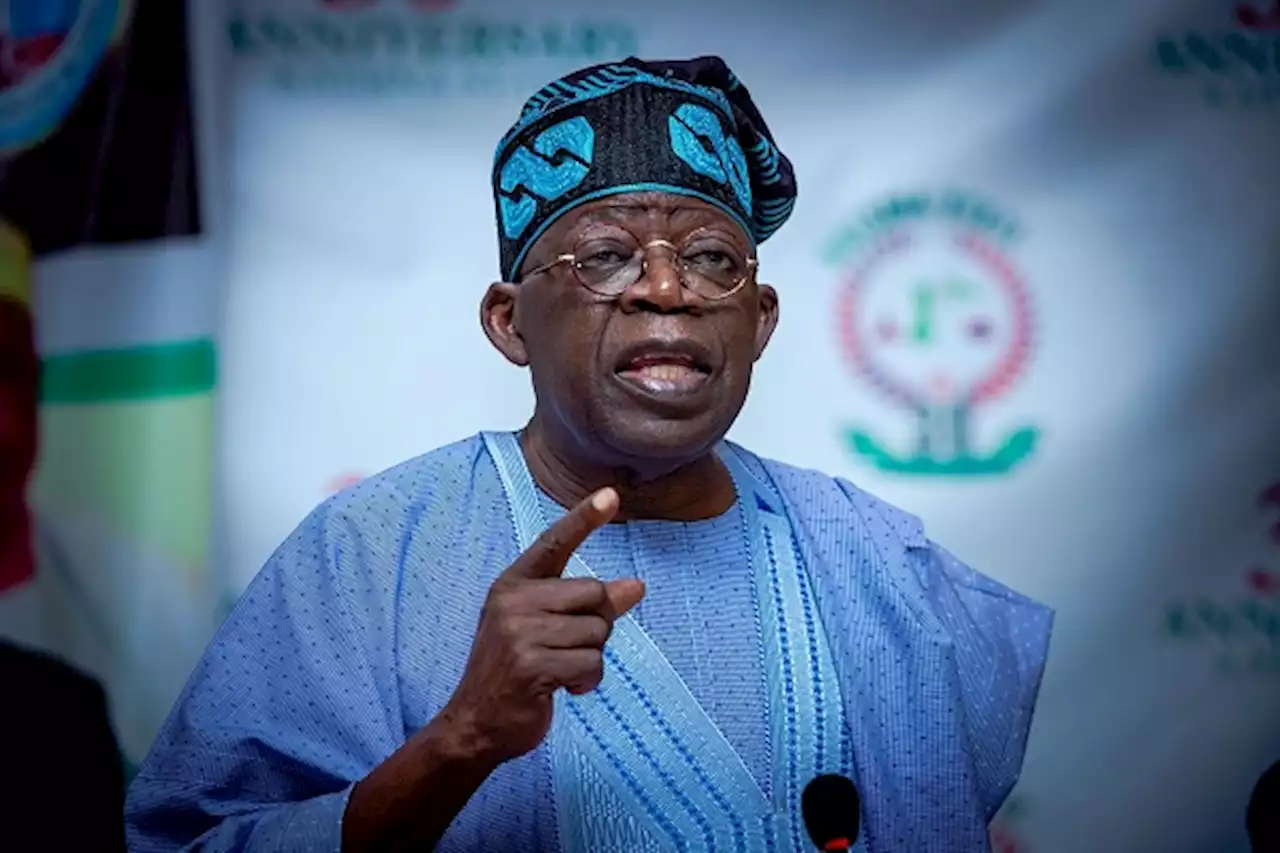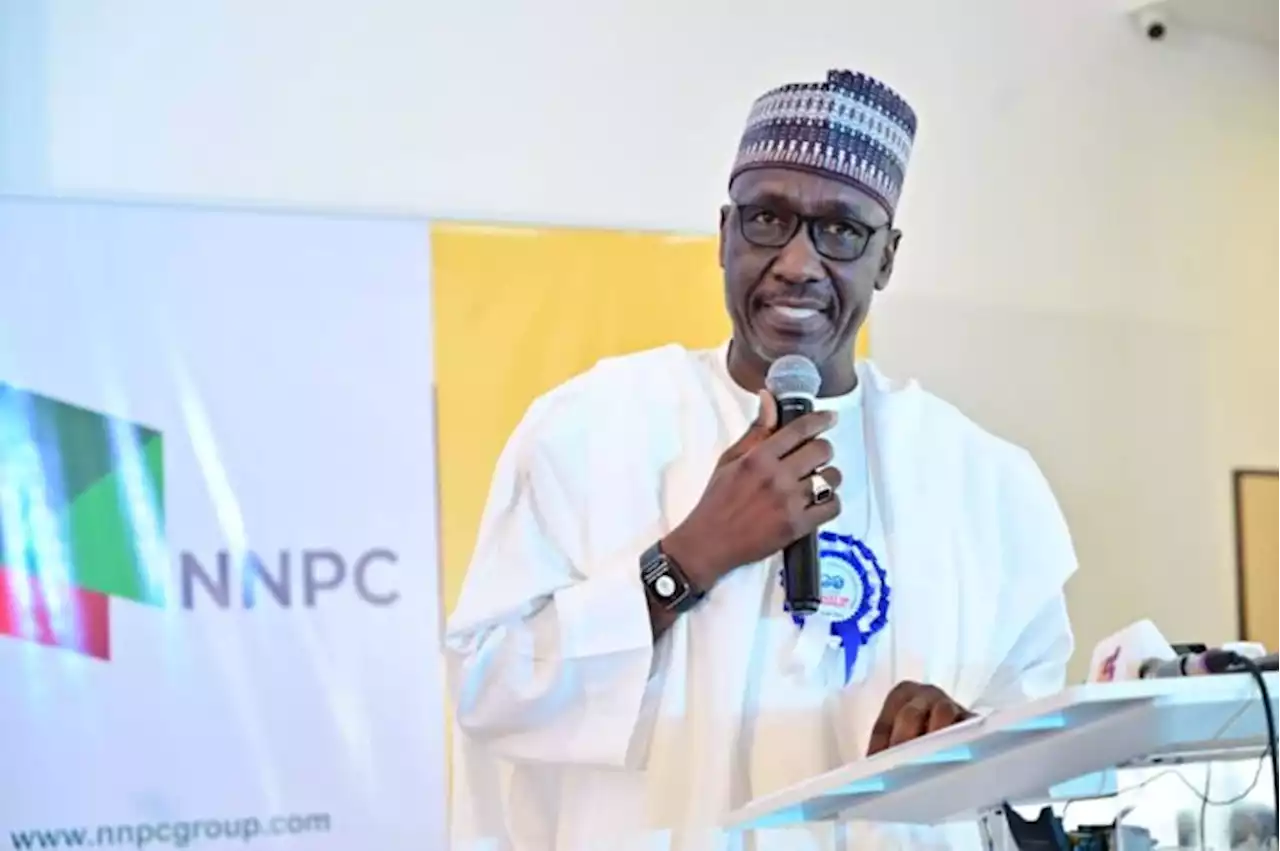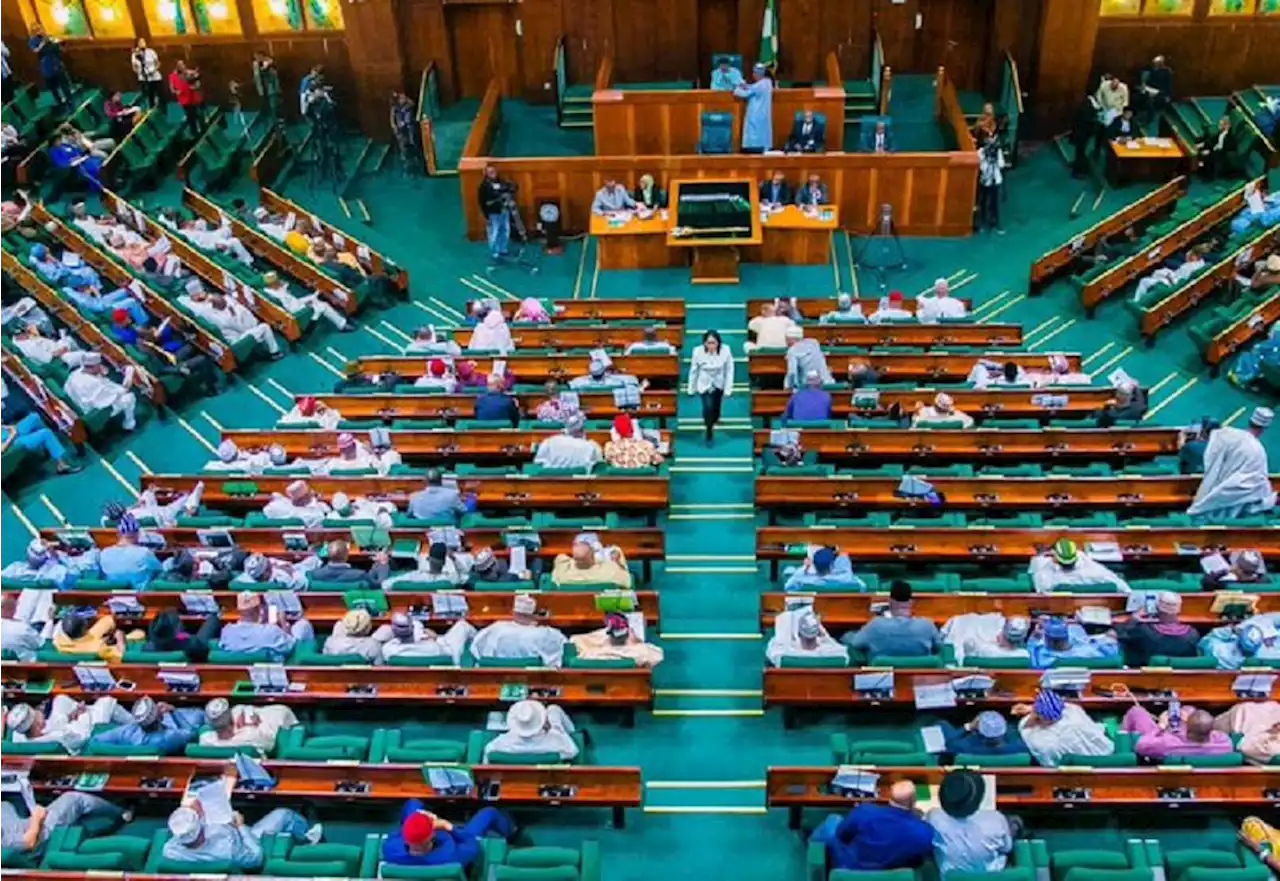The committee says the invitation of the NEPC boss is in light of the several borrowings of money despite the huge sum yet to be paid into the treasury, which could have impacted the Nigerian economy.
The House of Representatives ad hoc committee investigating the alleged loss of crude oil revenue has summoned the Chief Executive Officer/Managing Director of Nigeria Export Promotion Council , Ezra Yakusak, over unremitted $1.67 billion.
He said the invitation was in light of the several borrowings of money despite the huge sum yet to be paid into the Nigeria treasury, which could have impacted the Nigeria economy. “So, clerk, you do a letter to AGF to avail us the details of the approval for the engagement of the legal team and the related companies to carry out this investigation and provide us details of that legal team.
He added that part of the allegation was that a detailed report indicating several discrepancies was provided to the federal government, but no action was taken. On his part, the Director General Nigeria Maritime Safety Agency , Bashir Jsamo, said NIMASA’s mandate did not give it the power to sell or transport crude oil.
” At the end of the day, we saw such discrepancies, and we worked in conjunction with the legal team and from the findings, the legal team discovered ten companies liable.
Nigeria Latest News, Nigeria Headlines
Similar News:You can also read news stories similar to this one that we have collected from other news sources.
 Reps summon NEPC MD over status of $1.67bn crude oil revenueThe House of Representatives ad hoc committee investigating alleged loss of crude oil revenue has summoned the Managing Director of Nigeria Export
Reps summon NEPC MD over status of $1.67bn crude oil revenueThe House of Representatives ad hoc committee investigating alleged loss of crude oil revenue has summoned the Managing Director of Nigeria Export
Read more »
 Tinubu’s meeting with opposition Reps-elect shifted to ThursdayThe meeting between President Bola Tinubu and members-elect of the coming House of Representatives in the opposition parties has been shifted to Thursday, The PUNCH has learnt.
Tinubu’s meeting with opposition Reps-elect shifted to ThursdayThe meeting between President Bola Tinubu and members-elect of the coming House of Representatives in the opposition parties has been shifted to Thursday, The PUNCH has learnt.
Read more »
 NNPC To Discontinue Crude Swap, Targets Cash Payments For Petrol ImportsWith the removal of subsidy on petrol in the country, the Nigerian National Petroleum Company Limited (NNPC) is set to discontinue crude oil swap in favour
NNPC To Discontinue Crude Swap, Targets Cash Payments For Petrol ImportsWith the removal of subsidy on petrol in the country, the Nigerian National Petroleum Company Limited (NNPC) is set to discontinue crude oil swap in favour
Read more »
 Report: NNPC terminating crude oil swap contracts, says Kyari | TheCableThe Nigerian National Petroleum Company (NNPC) has has commenced termination of crude swap contracts and will pay cash for gasoline imports, Reuters is reporting.
Report: NNPC terminating crude oil swap contracts, says Kyari | TheCableThe Nigerian National Petroleum Company (NNPC) has has commenced termination of crude swap contracts and will pay cash for gasoline imports, Reuters is reporting.
Read more »
 Probe Missing $2.1Billion, N3.1Trillion Subsidy Payments, Unremitted Funds By Nigerian Petroleum Company, NNPC Or Face Legal Action, SERAP Tells President Tinubu | Sahara ReportersThe Socio-Economic Rights and Accountability Project (SERAP) has urged President Bola Tinubu to probe allegations of oil revenue funds. SERAP asked the President to 'set up a presidential panel of enquiry to promptly probe the grim allegations that US$2.1 billion and N3.1 trillion public funds of oil revenues and budgeted as fuel subsidy payments are missing and unaccounted for between 2016 and 2019, as documented by the Auditor-General of the Federation.'
Probe Missing $2.1Billion, N3.1Trillion Subsidy Payments, Unremitted Funds By Nigerian Petroleum Company, NNPC Or Face Legal Action, SERAP Tells President Tinubu | Sahara ReportersThe Socio-Economic Rights and Accountability Project (SERAP) has urged President Bola Tinubu to probe allegations of oil revenue funds. SERAP asked the President to 'set up a presidential panel of enquiry to promptly probe the grim allegations that US$2.1 billion and N3.1 trillion public funds of oil revenues and budgeted as fuel subsidy payments are missing and unaccounted for between 2016 and 2019, as documented by the Auditor-General of the Federation.'
Read more »
 Five benefits of fuel subsidy removalPresident Bola Tinubu on Monday announced fuel subsidy was gone because there is no budgetary allocation for it after June. What is fuel subsidy? Fuel subsidies are a form of government intervention to reduce the cost of fuel by providing direct financial support to oil companies, and as such, subsidise the product to consumers (Nigerians). Nigeria is one of Africa’s largest producers of crude oil, and it relies heavily on this resource for its economic growth. The 2023 budget proposed N2.557trn supplementary budget for fuel subsidy. Here are five benefits of fuel subsidy removal: 1. Fuel subsidy removal, according to experts, would free up resources for other sectors of the economy. 2. The government spends a significant portion of its budget on fuel subsidies, which could be better spent on education, healthcare, infrastructure development, amongst other key sectors. 3. Establishments of domestic refineries to produce more petroleum products, reducing Nigeria’s…
Five benefits of fuel subsidy removalPresident Bola Tinubu on Monday announced fuel subsidy was gone because there is no budgetary allocation for it after June. What is fuel subsidy? Fuel subsidies are a form of government intervention to reduce the cost of fuel by providing direct financial support to oil companies, and as such, subsidise the product to consumers (Nigerians). Nigeria is one of Africa’s largest producers of crude oil, and it relies heavily on this resource for its economic growth. The 2023 budget proposed N2.557trn supplementary budget for fuel subsidy. Here are five benefits of fuel subsidy removal: 1. Fuel subsidy removal, according to experts, would free up resources for other sectors of the economy. 2. The government spends a significant portion of its budget on fuel subsidies, which could be better spent on education, healthcare, infrastructure development, amongst other key sectors. 3. Establishments of domestic refineries to produce more petroleum products, reducing Nigeria’s…
Read more »
